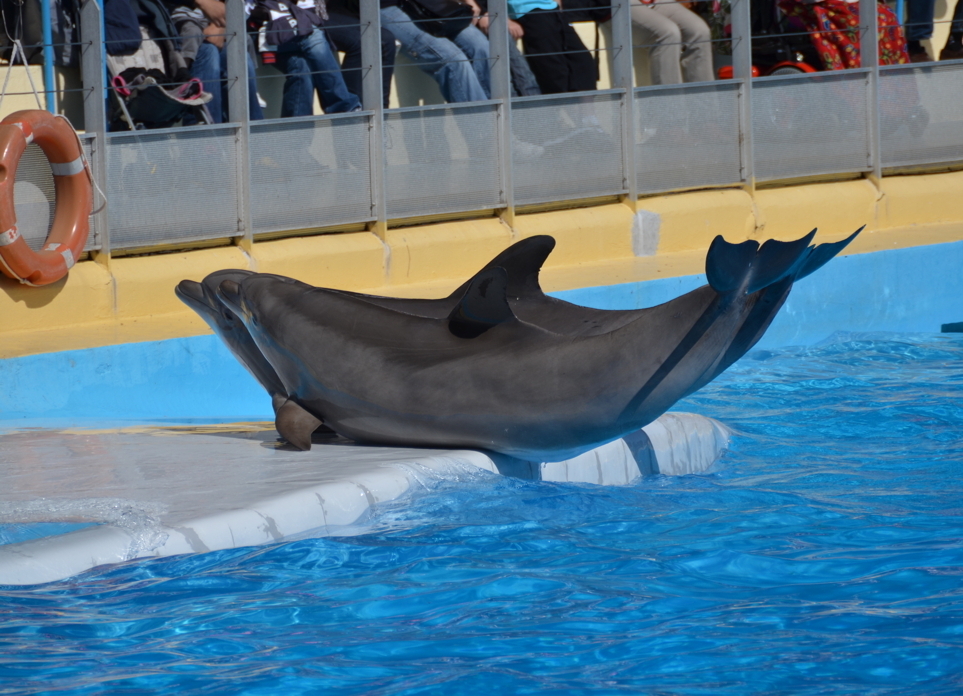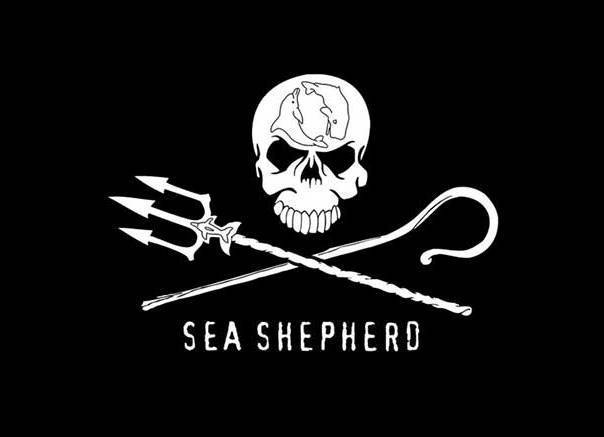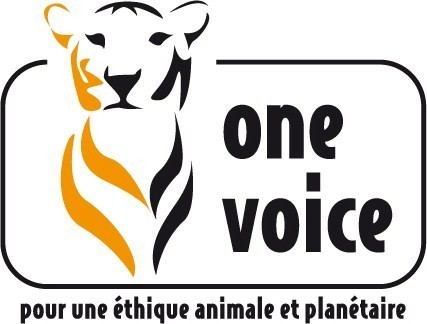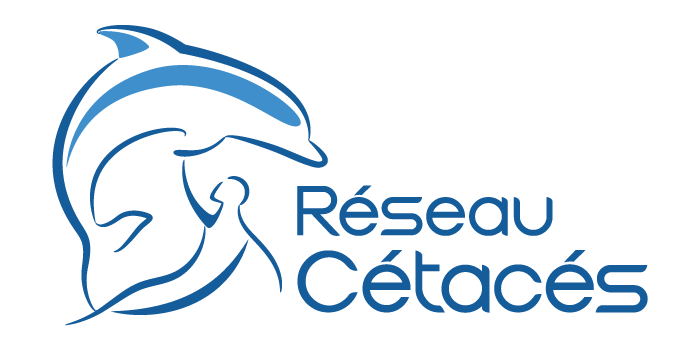

Response to the Marineland trainers
The new legislation of May 3rd, 2017. In addition to imposing some measures aimed at making the deprivation of Freedom imposed on captive cetaceans a little less painful, this has been a major surprise to the dolphinariums: The end of breeding captive individuals – An import ban – and ultimately, the end of captivity in France.
The announcement came as a bomb to the dolphinariums, especially to Marineland of Antibes. And for good reason, it sounds the death knell for a lucrative industry, especially for the British pension fund
Arle Capital Partners, the main shareholder of Parques Reunidos, now a multinational owner of Marineland, which had a net profit in 2014 of 5.5 million Euros.
In an open letter in reaction to the passing of the decree the trainers of the Marineland Park protested against the accusations of maltreatment which did not support the case according to them, neither on scientific grounds.
Yet many scientific studies attest to the evidence that is no longer disputed, except for the dolphinariums themselves: dolphins born or living in captivity lead a much shorter and morose existence than that of their free cousins. Captivity deprives them of their: physiological needs, their complex social organization, and their extraordinary emotional capacities, which in many respects surpass those of humans. In addition to informing them about their environment, a dolphins sonar acts as a decoder of emotions that gives them access to a sensory world that we cannot even imagine.
In their letter the trainers assert their love of the dolphins but the cruel and painful character of their captivity has little to do with the feeling of real attachment that trainers may experience for captive dolphins. The trainers for their part certainly like dolphins. The repentant trainers of this industry like John Hargrove, former trainer at Sea World and Marineland, provides an enlightening testimony on this subject and speaks of a blindness, of a form of profound naivety which has led them, despite all the love they bore to the dolphins, to become complicit in their ordeal.
But if we do not doubt the love of trainers for dolphins, they still remain in a relationship of domination and exploitation of animals that have not chosen to be there and whose living conditions in pools prohibit their basic natural needs. Depriving them of their abilities to express themselves, namely to use their sonar to understand the vast world around them, to hunt in groups, to dive up to 100 meters deep, to traverse a hundred kilometres a day, to surf the waves, and to choose their partners sometimes for life …
Strangely, of all these privations, the only one that seems intolerable in the eyes of the trainers is the very one which perpetuates their sad fate, generation after generation:
Reproduction, often obtained through artificial insemination and imposed on dolphins that have no choice or even incestuously. How many stillbirths? (The Orca Freya in Antibes had at least 4 stillbirths). How many infanticides? (The young Aicko at Planète Sauvage or the little Aloa at the Parc Asterix) How many kidnaps and separations from their mothers? Like the dolphin Femke who is currently suffering from grief at Parc Asterix since her son Ekinox was taken away and transferred to another dolphinarium?
The trainers of Antibes claim that thanks to the dolphinariums, visitors learn to respect the animal world. But there is no respect for coercion and deprivation of liberty. The message transmitted by dolphinariums is that it is acceptable to enclose physiologically large animals in tiny pools, which does not represent travelling in the vast oceans. Recent work demonstrates evidence already provoked by common sense that captive live animal shows cause children to believe that this is reality and do not allow them to develop a respectful and empathic relationship with the living world.
In the relation of the trainer with the animal, even with the best intentions, there is no respect. The animal still remains subject to human domination.
You, the trainers of Marineland, who “live with these dolphins and orcas every day”, do not share their prison. Every day, you enter the pools and every day unlike dolphins you are free to go out and go home, return to the ones you love and to the ones you have chosen. You, who know how deeply the dolphin’s psychology and emotional capacities are close to us, you who obviously love them, you who cannot show more empathy? Would you exchange your place with theirs? If the answer is no, then instead of fighting us, help us give them the keys to a new life.
A life where their instincts, their physiological behaviours, their extraordinary cognitive and affective abilities will be free to be expressed again. Captive dolphins have already regained their freedom, it is possible. To set up new programs to rehabilitate these orcas and dolphins back to the wildlife, all of the good energies and efforts will be necessary; yours would have all its meaning. As you say in your letter, you owe them everything, so in reality you do owe them something.
May this generation of captive dolphins be the last but not necessarily a generation sacrificed.
We protect what we love.
We love what we understand.
Love knows no prison.



